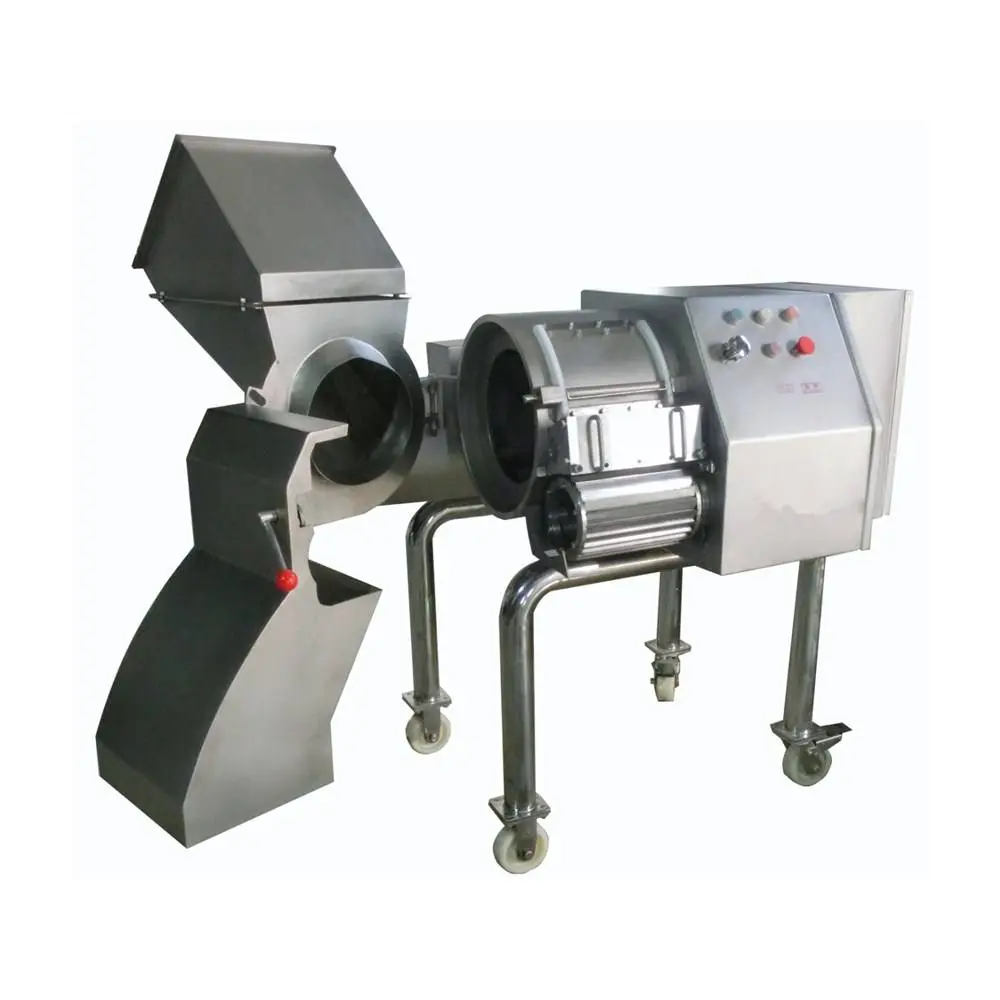Aug . 08, 2024 08:45 Back to list
Commercial Meat Mixer for Wholesale Operations Ideal for Efficient Meat Blending and Preparation Needs
The Importance of Wholesale Meat Mixers in the Commercial Food Industry
In the ever-evolving landscape of the commercial food industry, efficiency and quality are paramount. One of the oft-overlooked yet crucial tools in meat processing is the wholesale meat mixer. This equipment plays an essential role in ensuring that meat products meet both the standards of flavor and texture demanded by consumers and the operational needs of food businesses.
Understanding the Wholesale Meat Mixer
A wholesale meat mixer is a specialized piece of machinery that blends various types of meat along with additives such as spices, preservatives, and emulsifiers. This equipment is particularly important in large-scale operations, such as butcher shops, meat markets, and food processing plants, where consistent quality and production volume are required.
These mixers can handle a variety of meat products, including beef, pork, chicken, and more. Depending on the model, they may also accommodate different textures, from fine ground meats to coarser mixtures. The design usually incorporates rotating blades or paddles that efficiently blend the ingredients while maintaining the integrity of the meat.
Enhancing Product Quality
One of the primary benefits of utilizing a wholesale meat mixer is the enhancement of product quality. The thorough mixing process ensures that seasonings and other additives are evenly distributed throughout the meat, which is vital for creating a consistent flavor profile. This uniformity is important not just for consumer satisfaction but also for maintaining compliance with health and safety standards.
Moreover, the improved texture achieved through the mixing process can elevate the end product. For instance, the right mix can provide a desirable mouthfeel in sausages or processed meats, making them more appealing to customers. This attention to quality ultimately leads to higher customer retention and satisfaction, crucial elements for success in a competitive market.
wholesale meat mixer commercial

Efficiency and Productivity
Another advantage of wholesale meat mixers is the efficiency they bring to food production processes. By automating the mixing stage, businesses can significantly reduce labor costs and time spent on manual preparation. This is especially beneficial for establishments that deal with high volumes of meat, as the mixers can handle large batches in a fraction of the time it would take to mix manually.
The integration of advanced features such as programmable settings and timers further enhances productivity. Operators can set specific mixing times and speeds, ensuring that the meat is blended to the desired consistency without constant supervision. This level of automation allows staff to focus on other areas of production, optimizing workflows within the facility.
Versatility in Application
Wholesale meat mixers are versatile machines that can be adapted to various applications beyond just blending meat. They can be used for creating diverse products like meatballs, burger patties, and specialty sausages, making them a valuable asset for any meat processing operation. Businesses can experiment with different recipes and formulations, responding quickly to market trends and consumer preferences.
Furthermore, many modern mixers come with attachments or additional features that allow for the incorporation of other ingredients, like vegetables or grains, expanding the range of potential products. This flexibility not only enhances creativity in product development but also ideal for catering to changing consumer demands for healthier or plant-based alternatives.
Conclusion
In conclusion, the wholesale meat mixer is an indispensable component of the commercial food industry. By improving the quality and consistency of meat products, enhancing operational efficiency, and offering versatility in application, these machines support businesses in meeting both consumer expectations and market demands. As the food industry continues to grow, investing in quality meat mixing equipment will undoubtedly be a wise choice for those looking to thrive in a competitive landscape.
Latest news
-
Pneumatic Clipping Machine - Shijiazhuang Bossin Machinery | Sausage Production Line, Small Meat Shop
NewsAug.29,2025
-
Pneumatic Clipping Machine - Shijiazhuang Bossin Machinery Equipment Co., Ltd. | Efficient Sausage Production & Precision Clipping
NewsAug.29,2025
-
High-Performance Bearings for Industrial & Precision Applications
NewsAug.27,2025
-
High-Performance Vanes for Pumps & Compressors | Durable & Efficient
NewsAug.26,2025
-
JC999-03 Sausage Link Cutter: High-Speed Precision Slicing
NewsAug.21,2025
-
Sausage Link Cutter JC999-03: Precise, Efficient Production
NewsAug.19,2025
